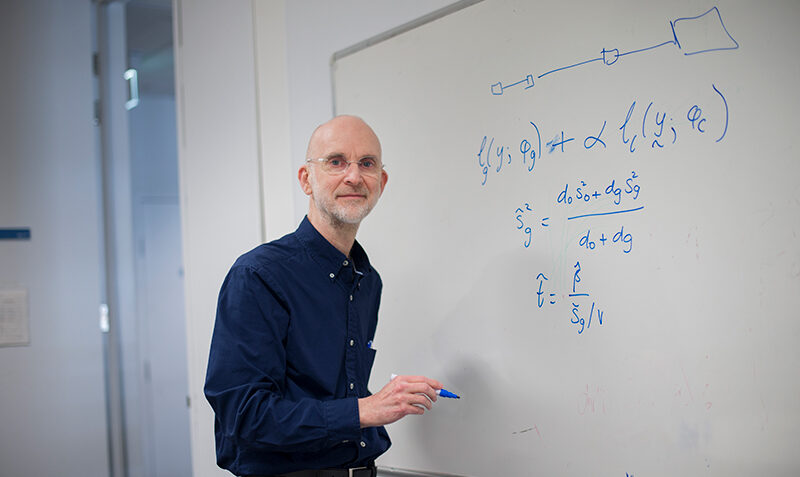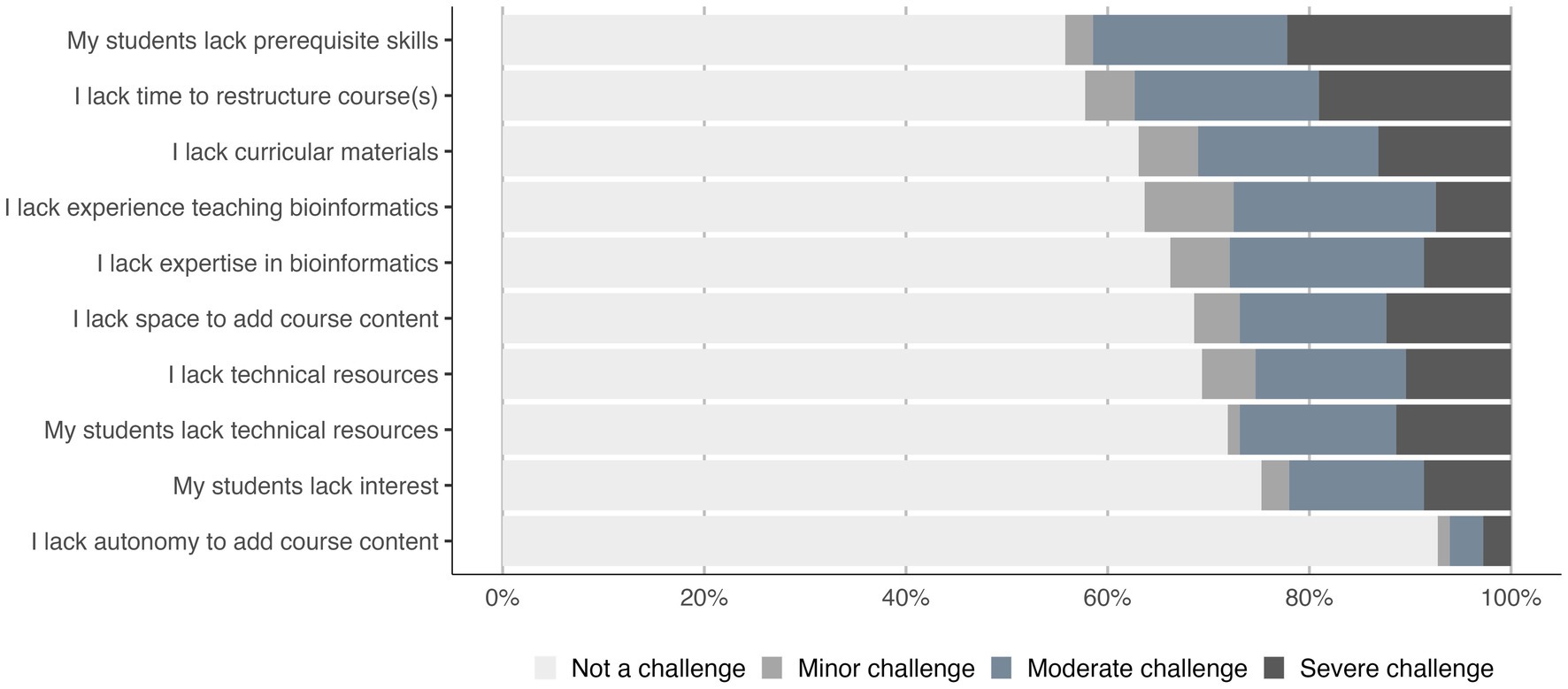Bioinformatics Tutor - Truths
Bioinformatics Tutor - Truths
Blog Article
Our Bioinformatics Tutor Statements
Table of ContentsUnknown Facts About Bioinformatics TutorGetting My Bioinformatics Tutor To WorkWhat Does Bioinformatics Tutor Do?5 Simple Techniques For Bioinformatics TutorRumored Buzz on Bioinformatics Tutor
Of the overall participants involved in the training, 80% were students from public college organizations, while the staying 20% came from private organizations. To receive a certificate of participation, pupils were called for to participate in a minimum of 90% of the complete training hours. As a result of this requirement, an outstanding 95% of the participants successfully obtained their certifications, having not only met the minimum presence requirements but additionally finished all assigned tasks throughout the training.
During the elevation of the COVID-19 pandemic, particularly in between June and August 2020, the project team was tasked with organizing specialized training in bioinformatics. This training was especially intended at trainees from the research study team Nucleus for Study in Applied Computing at the Federal College of Pará (UFRA) The adjustment to remote discovering platforms because of the pandemic produced a possibility to check out brand-new teaching methods and electronic tools that boosted both reach and effectiveness.
To reply to the growing demand in the computing and life sciences areas, an innovative training course was introduced in 2020 titled Intro to Equipment Understanding. This training course was designed to provide an easily accessible yet extensive summary of Artificial Intelligence techniques, especially as used in bioinformatics. The program was executed over three months, from October to December 2020, and was delivered entirely online through the Google Meet system. This online format enabled participation from pupils throughout Brazil, a number of whom might not have had the possibility to go to in-person sessions.
Bioinformatics Tutor - The Facts
A notable feature of this training course was its focus on hands-on knowing. About 50% of the total training hours were dedicated to useful tasks where students developed smart models and applications in an array of scientific domains, including genes, molecular biology, and ecological data evaluation. Widely used frameworks and tools such as Spyder, Google Colab, Jupyter Notebooks, and Orange were integrated into the coursework. These platforms allowed students to engage in real-time data control, version training, and formula experimentation.
Sixty of them were affiliated with different higher education and learning organizations in the state of Pará, while the staying twenty came from establishments found in five other Brazilian states. By presenting Artificial Intelligence in a practical and appropriate context, the effort served to connect the space between concept and real-world application, supplying students with a strong foundation for future research or work in the field.
The training campaign developed part of a more comprehensive scholastic outreach effort referred to as the Bioinformatics on the Road task. This project has, over the years, introduced loads of trainees to the globe of bioinformatics and computational biology. The occasions held under this umbrella effort have taken area across several regions and years, as summarized in Table 1 (Listing of occasions, places, years, and complete numbers of pupils and instructors)
Among the most impressive results of the Bioinformatics when driving effort has actually been its payment to the development of decentralized research teams. find out this here Several of these groups, originally combined by their involvement in training events, have actually since gone on to generate independent clinical study in collaboration with regional scholastic institutions. The training not just fostered scientific thinking within the context of bioinformatics however additionally sparked joint relationships that prolonged past the training setting. These cooperations have brought about increased regional scientific efficiency and added meaningfully to the development of the wider bioinformatics neighborhood in Brazil.
All about Bioinformatics Tutor
The exact same group, excluding IH and RR, also acted as tutors for the sensible training modules. Financing for the project was supplied through the give 88887.200562/ 2018-00 from CAPES.
The Federal University of Pará's Workplace of Research (PROPESP/UFPA) likewise provided economic support, especially for the production of the last manuscript. The authors state no commercial or monetary conflicts of passion that could have influenced the study. All point of views and analyses revealed in this write-up are solely those of the authors and do not always reflect those of their particular establishments, the author, editors, or customers involved in the magazine procedure.

Bioinformatics Tutor Fundamentals Explained
From a pedagogical viewpoint, the training strategy made use of in the training was purposefully interactive. Courses were carried out in a manner that encouraged pupil engagement and conversation, exceeding rote memorization to check out exactly how ideas are developed, informative post applied in every day life, and checked in scholastic setups. The educational approach focused on nurturing both solid and battling pupils, supplying personalized support, and structure confidence via continual mentorship and persistence.

Each team, including about 36 individuals, was supported by 3 advisors-- a lot of whom were postdoctoral scientists with customized proficiency. These mentors not just aided design the team tasks however additionally promoted their implementation, making sure that each research study question was both appropriately tough and appropriate. The goal was to give a naturally practical context that participants can check out through flexible objectives and accessibility to curated datasets.
For extra insights right into the approach and end results of this project-based discovering method, readers are guided to S1 Text, which includes thorough descriptions of the pedagogical structure, examination strategies, and task themes utilized in the training sessions.
Not known Incorrect Statements About Bioinformatics Tutor
Of the total participants included in the training, 80% were pupils from public higher education organizations, while the remaining 20% came from exclusive institutions. To qualify for a certification of participation, pupils were needed to go to at the very least 90% of the complete training hours. Notably, beyond the pupils that enlisted in the training sessions, seven skilled trainers got involved in supplying the courses, while three devoted research study professors collaborated the general training process. About 50% of the total training hours were dedicated to sensible activities where pupils built intelligent models and applications in an array of scientific domains, including genetics, molecular biology, and try this site environmental information evaluation. The training not only promoted scientific thinking within the context of bioinformatics but also sparked collective partnerships that prolonged beyond the training atmosphere.
Report this page